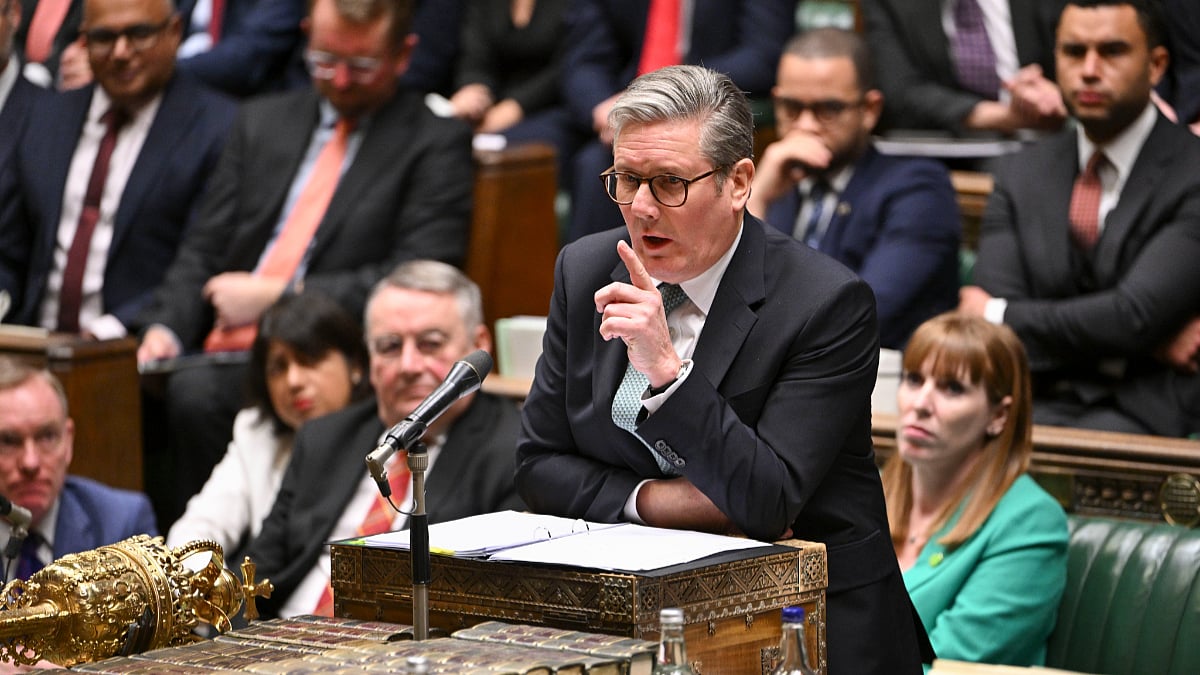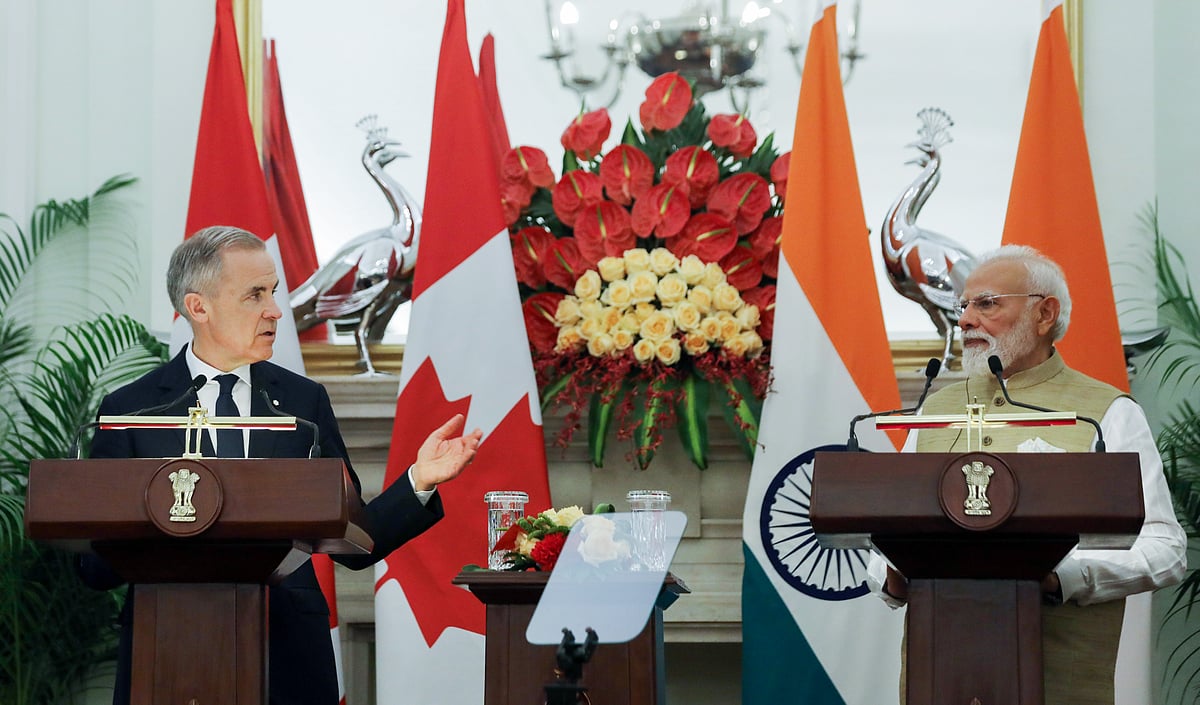Finally, there is a glimmer of hope in eastern Ladakh. A joint statement has emanated from the marathon talks between India and China at the Corps Commander level which says that the two countries have decided to stop sending more troops to the front in eastern Ladakh.
The statement emerged even as Chinese President Xi Jinping told the United Nations General Assembly on Tuesday that Beijing has "no intention to fight either a cold war or a hot one with any country". He was addressing the 75th session of the United Nations General Assembly.
During his address, Xi Jinping also said that it was natural for countries to have differences, but they should address them through dialogue. "We will continue to narrow differences and resolve disputes with others through dialogue and negotiation. We will not seek to develop only ourselves or engage in a zero-sum game," Xi Jinping said in a pre-recorded video statement to the virtual annual gathering of world leaders during the coronavirus pandemic.
The joint statement seems to dovetail what Xi said and says that the two sides will also refrain from unilaterally changing the situation on the ground, and avoid taking any action that may further vitiate the environment.
The two armies also agreed to strengthen communication on the ground, avoid misunderstandings and miscalculations and earnestly implement the consensus reached by the leaders of the two countries. The commanders also resolved to hold the 7th round of military talks as soon as possible.
A five-point consensus was recently reached on the sidelines of the SCO summit in Moscow earlier this month. Defence experts said the statement will help scale down tensions in eastern Ladakh. The statement released by the Indian Army too says that the two sides had candid and in-depth exchange of views on stabilising the situation along the Line of Actual Control.
Both armies have also agreed to take practical measures to solve problems on the ground, and jointly safeguard peace and tranquillity in the border areas.





